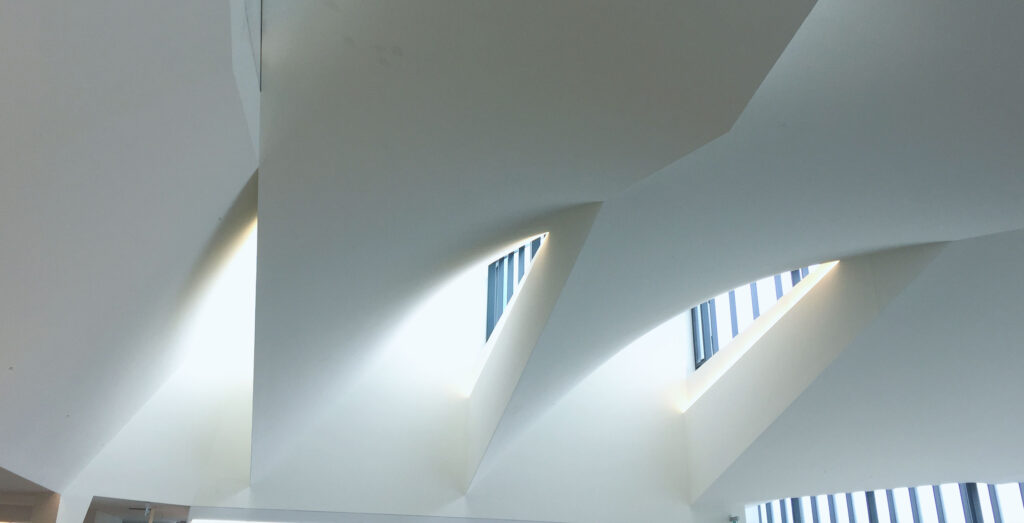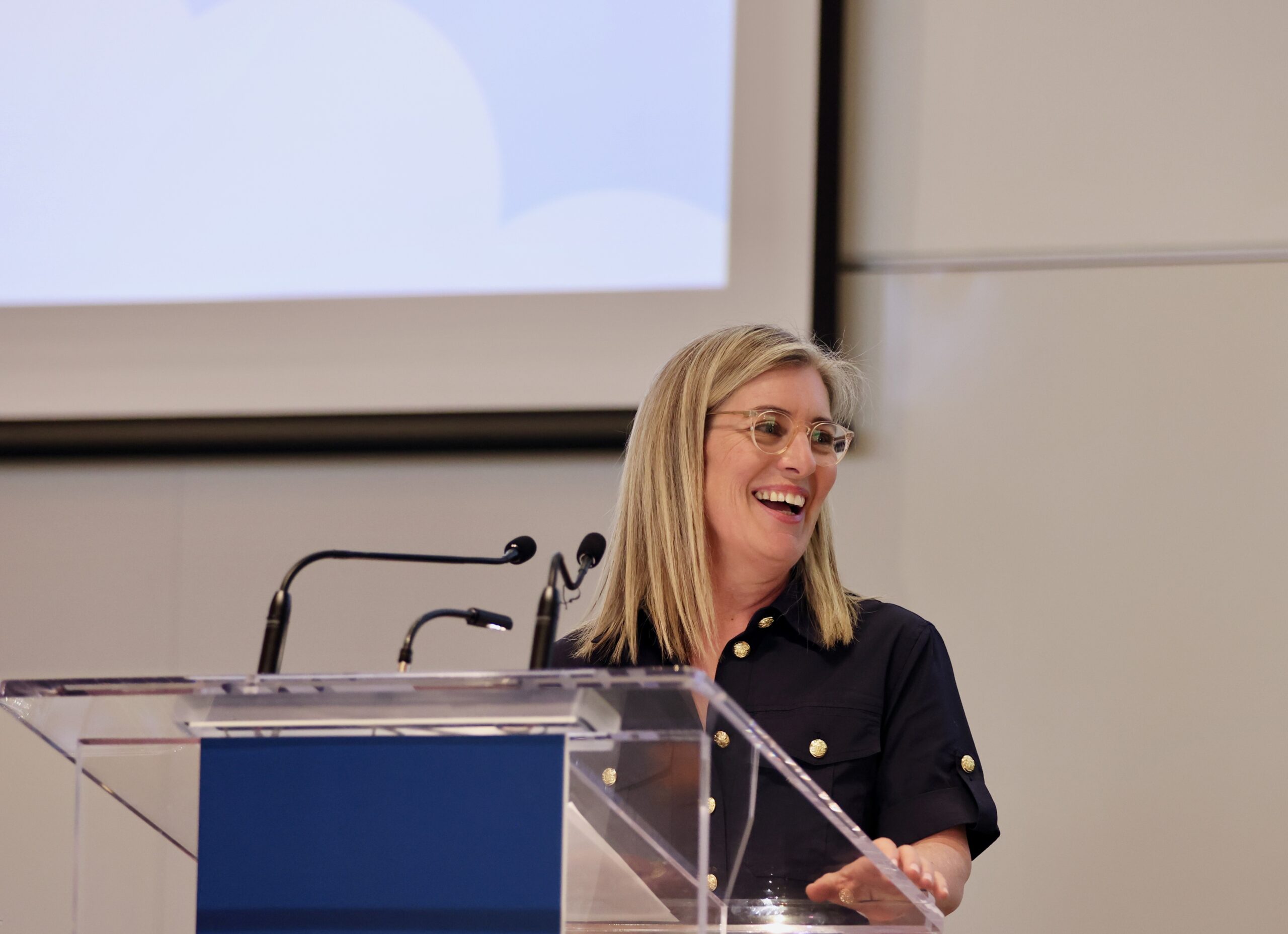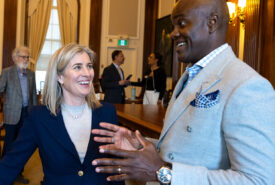Hart House
Check against delivery.
Good afternoon everyone. I am delighted to welcome you to Global LGBTQ Human Rights: In Conversation.
We have been joined this afternoon by a number of remarkable leaders—both at the University and in the community more generally.
The University of Toronto has a long—and proud!—history of advocacy on LGBTQ issues; marked by an important string of ‘firsts’. While there are too many for me to list here, I will touch upon a few highlights:
- In 1969, UofT was home to the first gay and lesbian group to be established on any Canadian University Campus. In fact, the formation of this historic group was commemorated by an Ontario Heritage Trust plaque at University College, unveiled in late 2011.
- Fast forward 30 years later to 1999 and establishment of The Lesbian, Gay, Bisexual, Transgender and Queer Resources & Programs Office, again, the first of its kind in a Canadian university.
- Earlier that decade, we were one of the first major employers in Canada to extend pension benefits to same-sex couples.
- We were first to launch a Positive Space campaign that has since been copied by institutions across North America.
- More recently we launched a successful new alumni group specifically for LGBTQ graduates.
Of course, a jewel in this crown of recognition and advocacy is our Mark S. Bonham Centre for Sexual Diversity Studies. A sexual diversity studies program was first envisioned by a handful of faculty and staff in the mid-90s. And under the excellent leadership of Professor David Rayside, the program was successfully launched in 1998 at University College – a natural home for many historical reasons.
The University of Toronto is immensely proud of the growth and accomplishments of the Bonham Centre since its inception just fifteen years ago. And with the ongoing excellent leadership of its current director, Professor Brenda Cossman, and the continued support of the community, the SDS program continues to thrive and remains a vital part of what the University of Toronto offers to its own students and faculty, and to the communities around it.
All of these programs and initiatives have made the University of Toronto a better place, even as they serve to remind us that the struggle for genuine inclusiveness and respect continues to this day. Confronting entrenched prejudice and discrimination is a long and difficult process, and for generations now, students, staff, and faculty at U of T have been vocal in their call for social and political change.
That is why the University is delighted to take part in World Pride, and to open our doors to prominent members of the community to foster the frank dialogue and exchange of ideas necessary to effect such change. Of course, it is also essential that we pause periodically and celebrate hard-won milestones and achievements to date. So I encourage all in attendance to do exactly that in the Pride Pub to follow!
Thank you for joining us this afternoon. And thank you to the team at the Sexual & Gender Diversity Office for their leadership and dedication in organizing this workshop and a series of Pride events all week long.
Best wishes for a productive dialogue. Thank you.


